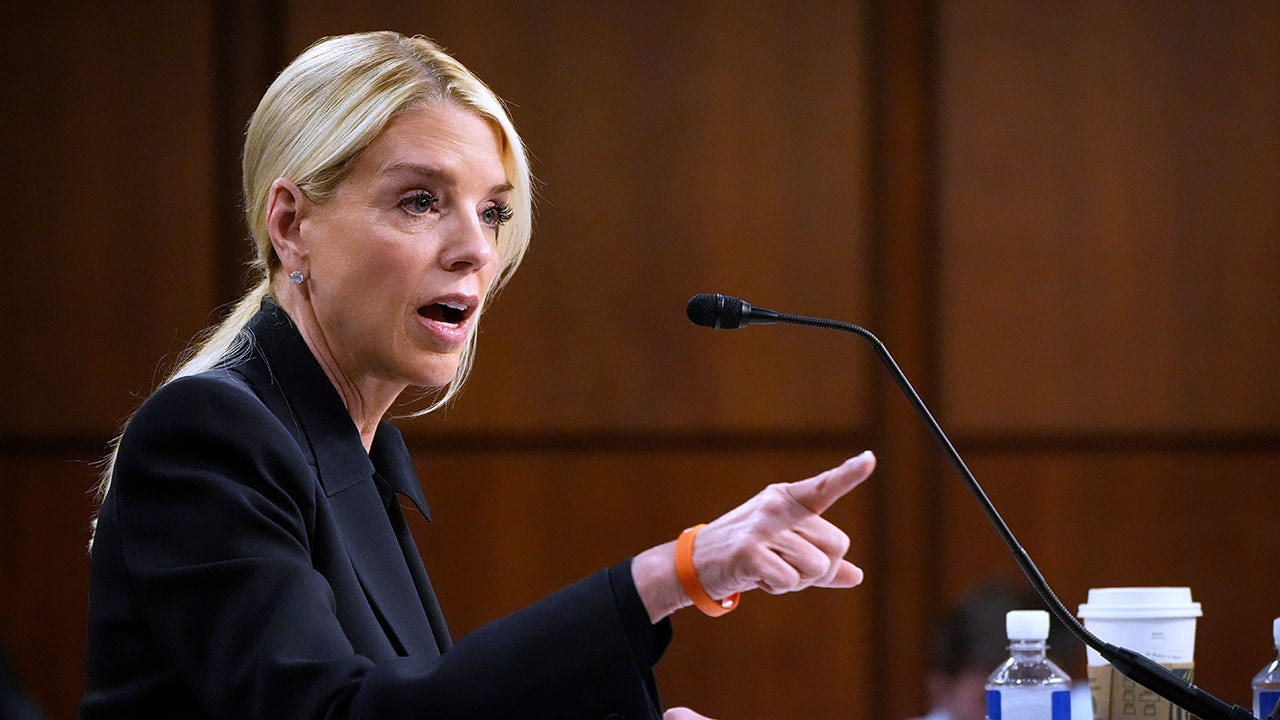Stark House, Senate divisions on Trump budget as Congress races the clock

House Republicans are currently in a rush to push forward a multitrillion-dollar bill that aligns with President Donald Trump’s agenda. Speaker Mike Johnson has set a self-imposed deadline of getting the bill on Trump’s desk by Memorial Day, a goal that he remains optimistic about despite facing numerous challenges along the way.
Lawmakers from five different committees are meeting this week to discuss and advance specific aspects of the legislation that will eventually become one massive piece of legislation. The House and Senate, however, seem to be on different timelines and are still negotiating how much money they are willing to spend.
One of the key priorities for Republicans is to address Trump’s goals on energy, defense, border security, and taxes, as well as raising the debt ceiling. The U.S. is rapidly approaching a deadline to act on the debt ceiling, and failure to do so could result in a national credit default, causing financial markets to spiral out of control.
While Speaker Johnson remains hopeful that the bill will be passed by Memorial Day, a Senate GOP leadership aide has expressed less optimism due to the differing procedures in the House and Senate. The House has called for at least $1.5 trillion to $2 trillion in spending cuts to offset a portion of the $4.5 trillion allocated towards Trump’s tax agenda. The Senate has passed an amended version calling for a minimum of $4 billion in spending cuts.
An unlikely faction of GOP rebels and leaders on the House Budget Committee protested against the bill, leading the Senate to aim for $1.5 trillion in spending cuts. However, there is still a significant divide between the House and Senate on the amount of spending cuts, particularly concerning critical programs like Medicaid and Medicare.
House Republicans are looking to pass the legislation through the budget reconciliation process, which would allow them to pass massive policy changes with a simple majority vote. This process would sideline the opposing party entirely, as it drops the Senate’s threshold for passage from 60 votes to 51.
Various House committees are meeting this week to mark up their reconciliation bills, with more divisive issues expected to be addressed in the following week. It is clear that the road ahead is filled with challenges and negotiations, but Republicans remain determined to advance Trump’s agenda and address critical issues before the looming deadlines.




